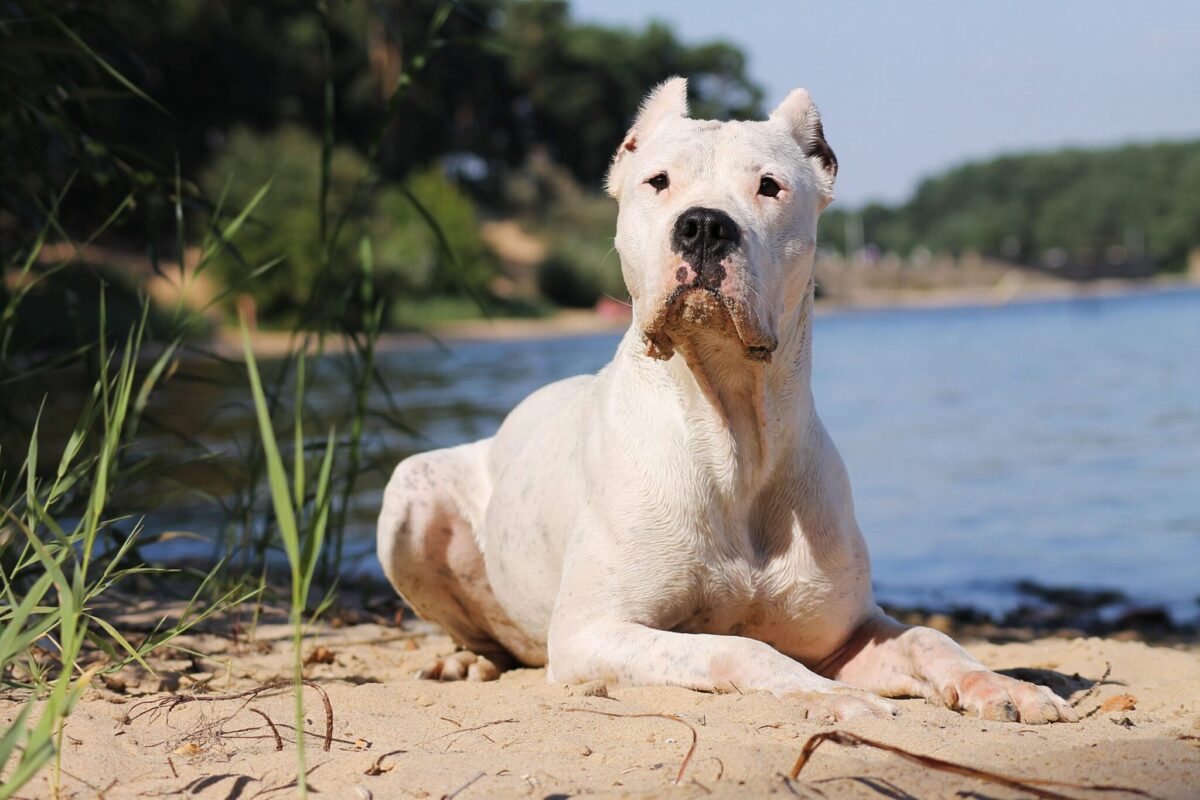 Shutterstock
Shutterstock
In many places worldwide, certain dog breeds are restricted or outright banned due to their perceived aggression or potential risk. While any dog’s behavior largely depends on training, environment, and individual temperament, some dog breeds have gained a reputation for being dangerous. These perceptions can lead to breed-specific legislation (BSL), where certain breeds are restricted or banned altogether. For responsible pet owners, understanding which breeds are commonly restricted and why can help shed light on this controversial topic.
Pit Bull Terrier
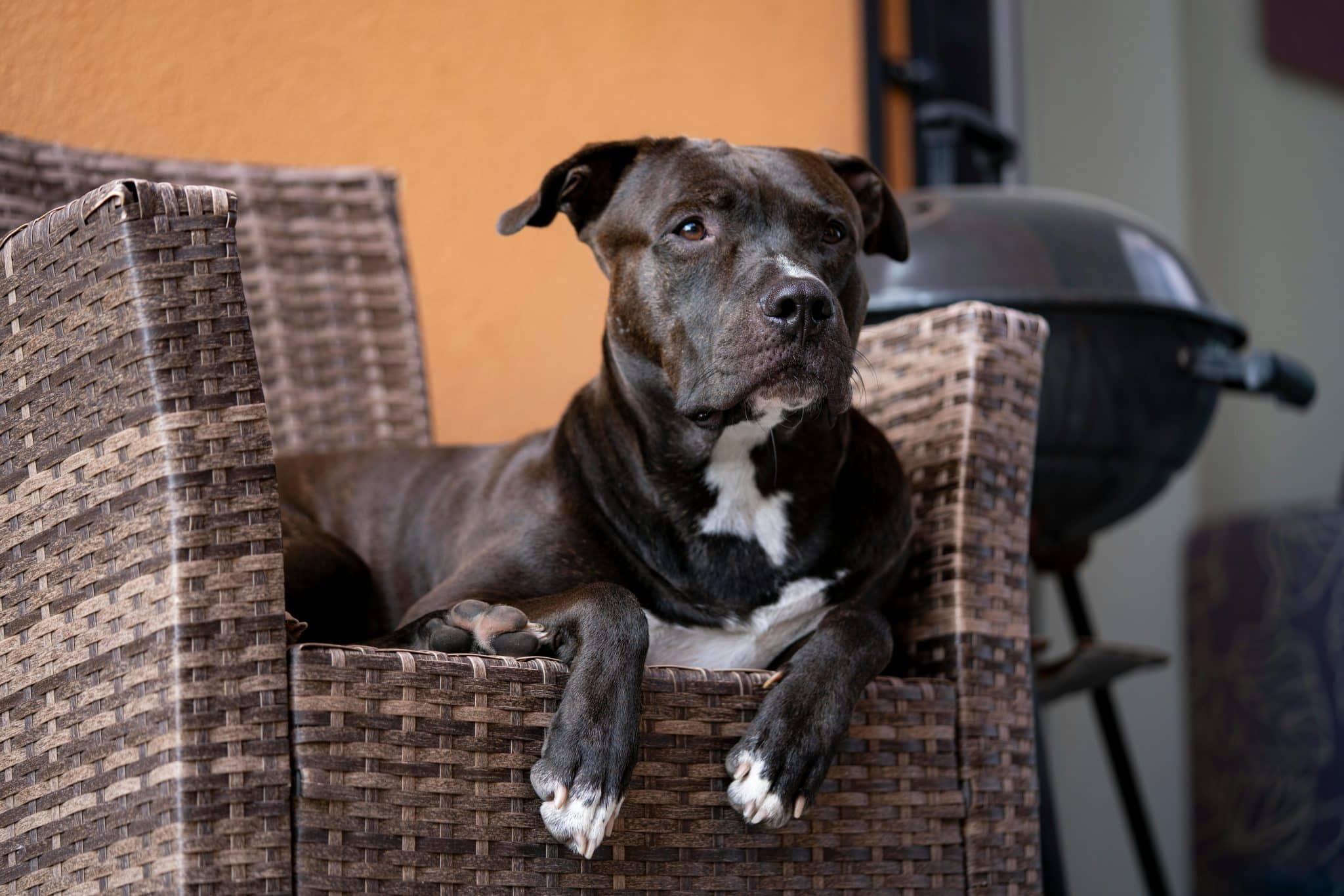 Shutterstock
Shutterstock
Pit Bulls are one of the most frequently banned dog breeds worldwide. Known for their strength and muscular build, Pit Bulls were originally bred for bull-baiting and later as working farm dogs. Their powerful jaws and tenacity can be intimidating, and unfortunately, a history of irresponsible ownership has added to their reputation. Although Pit Bulls can be loving and loyal, many communities have implemented bans due to incidents involving bites or attacks. Advocates argue that with proper training and socialization, Pit Bulls are affectionate pets, but BSL continues to target them due to ongoing concerns.
Rottweiler
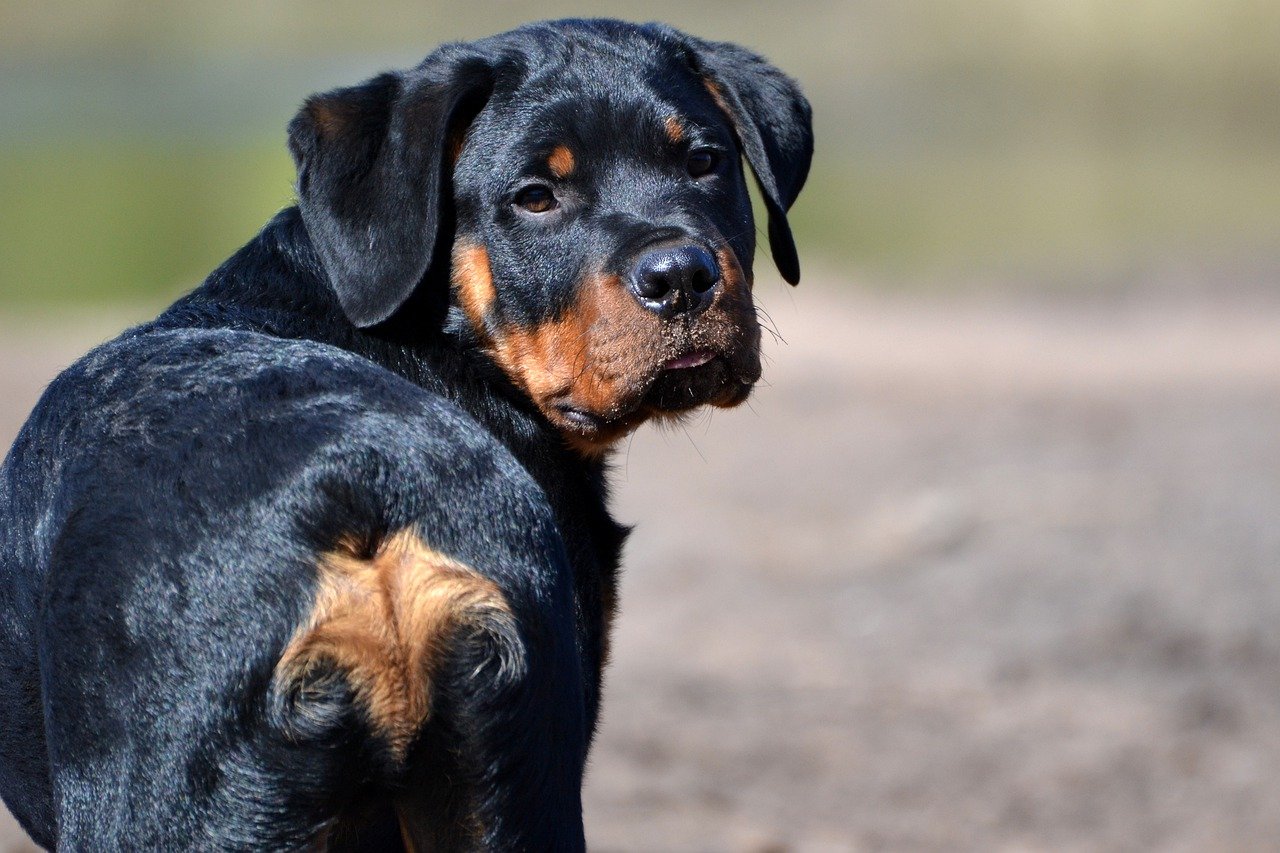 Shutterstock
Shutterstock
Rottweilers are strong, confident dogs known for their guarding instincts, making them one of the breeds often restricted in certain areas. With a natural inclination to protect their families, Rottweilers can be aloof with strangers. Unfortunately, their size, strength, and incidents involving bites have led to a perception of aggression. Rottweilers require consistent training and socialization to channel their protective nature positively. While fans of the breed praise their loyalty and intelligence, some regions continue to restrict Rottweilers due to the potential for aggression when mishandled.
American Bulldog
 Shutterstock
Shutterstock
American Bulldogs are muscular and athletic, known for their protective instincts and fearless demeanor. Originally bred as working dogs on farms, they are incredibly loyal and protective, but their power and strength can be intimidating. While American Bulldogs are typically good-natured and affectionate with families, their strong protective instincts can lead to aggressive behavior if not properly managed. Due to incidents of attacks in certain areas, they are restricted or banned in some regions. With experienced and responsible ownership, however, American Bulldogs can be gentle, loving family pets.
Doberman Pinscher
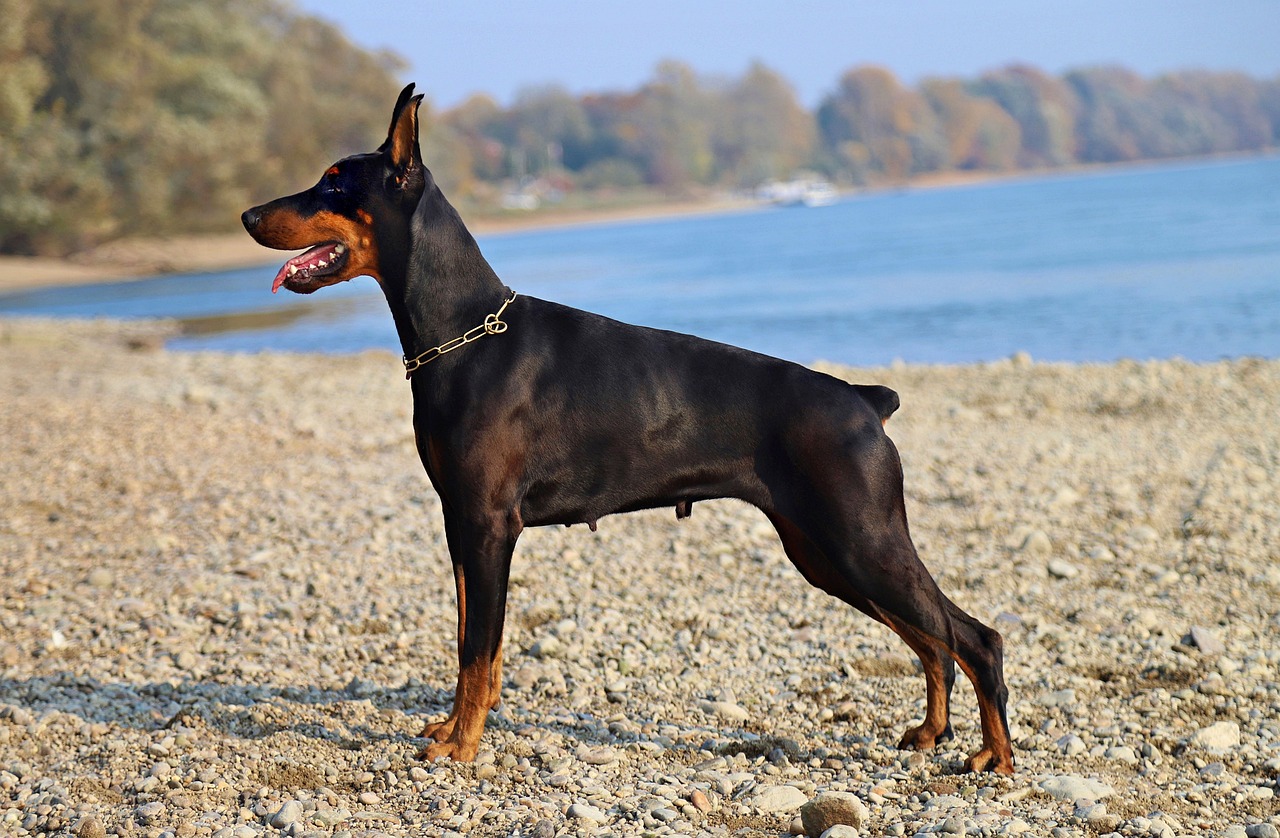 Shutterstock
Shutterstock
Doberman Pinschers are known for their loyalty, intelligence, and protective nature, making them one of the most popular guard dog breeds. However, their reputation as fierce protectors has led to restrictions in some places. Bred to guard and protect, Dobermans can exhibit aggressive behavior if they feel their family is threatened. Although they are typically affectionate and loyal, their speed and agility can make them a formidable presence, leading to bans in some areas. With proper training and a calm environment, Dobermans are devoted companions, though they remain misunderstood in regions with BSL.
Dogo Argentino
 Shutterstock
Shutterstock
The Dogo Argentino, a large and powerful hunting dog, was bred in Argentina to pursue big game like wild boar. Known for its courage and strength, this breed has a high prey drive and can display dominant behaviors if not trained well. Dogo Argentinos are banned in many countries due to their perceived aggression, even though they are typically loyal and affectionate with their families. They require experienced handling, consistent training, and proper socialization. In responsible hands, the Dogo Argentino can be a gentle giant, but concerns about aggression keep them restricted in some places.
Presa Canario
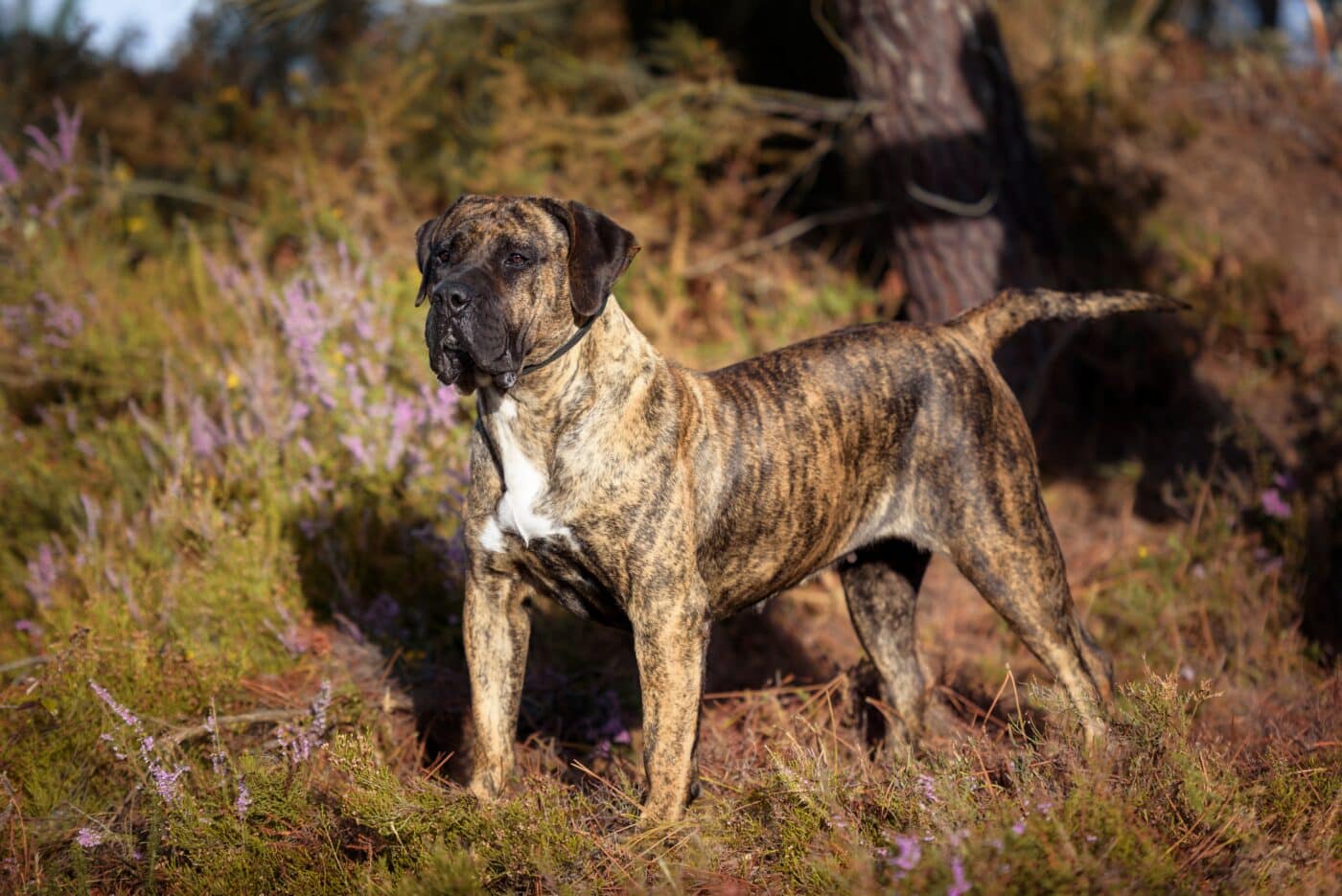 Shutterstock
Shutterstock
The Presa Canario, also known as the Canary Mastiff, is a powerful and imposing breed originally used for guarding livestock. Their territorial nature and strength make them natural protectors, but these traits also contribute to their reputation for aggression. With a strong jaw and a determined disposition, Presa Canarios requires firm training and socialization. While they can be gentle with their families, they may display aggression toward strangers or other animals if not properly managed. These characteristics have led to restrictions and bans in some areas, although fans of the breed praise their loyalty and courage.
Fila Brasileiro
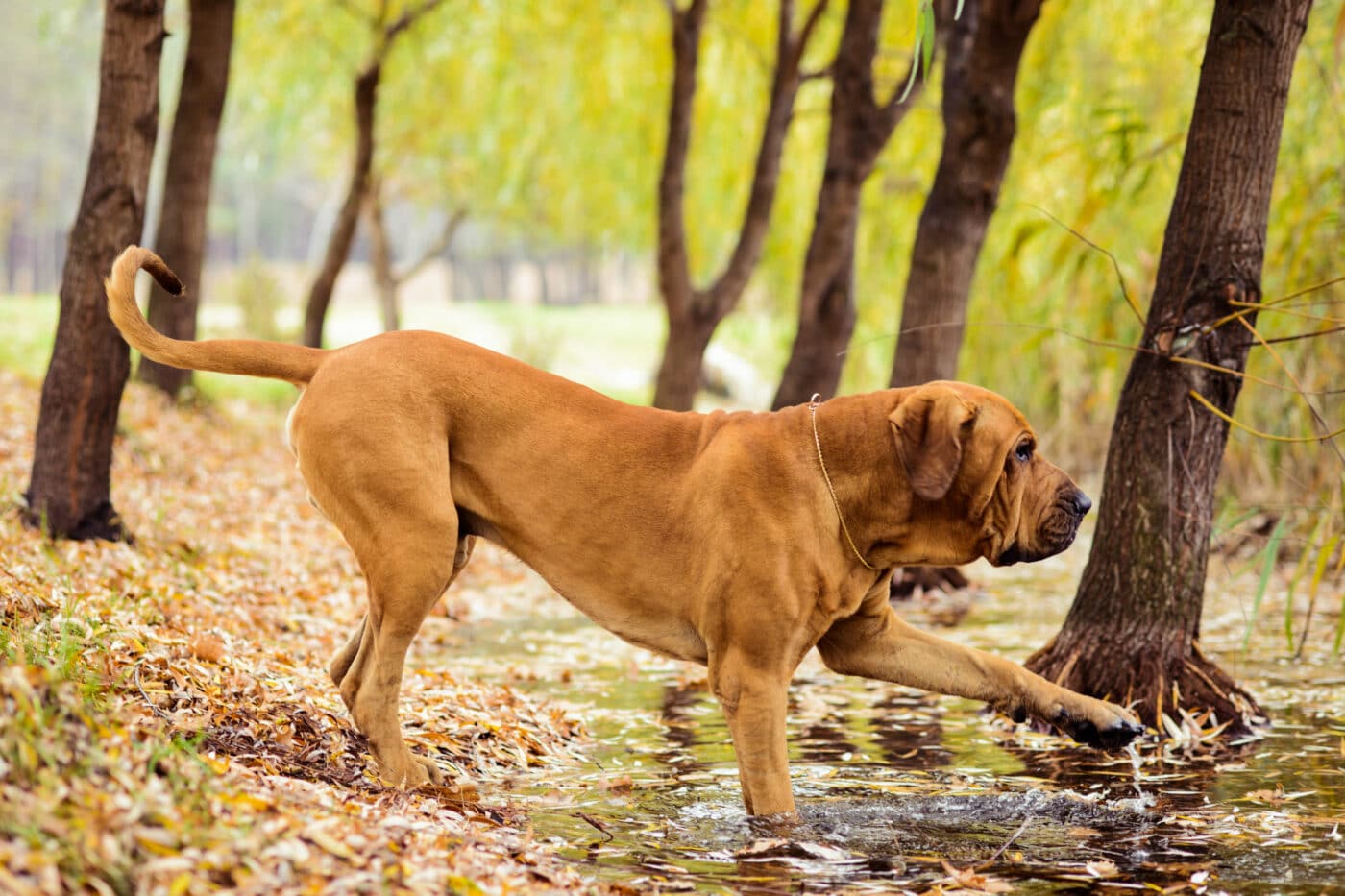 Shutterstock
Shutterstock
The Fila Brasileiro, or Brazilian Mastiff, is a large and powerful breed known for its loyalty and protective instincts. Originally bred for hunting and guarding, Filas are incredibly devoted to their families but can be highly territorial and wary of strangers. Their independence and strong guarding instincts make them challenging to train, and they often show aggression toward unfamiliar people. Due to these traits, Fila Brasileiros are restricted or banned in several countries. Although they are gentle with their loved ones, their suspicion of strangers makes them a breed best suited to experienced owners.
Tosa Inu
 Shutterstock
Shutterstock
The Tosa Inu, a rare breed originating from Japan, was developed as a fighting dog and is known for its strength and resilience. While they are generally calm and reserved, they can display aggressive behavior if not properly trained. Tosa Inus are restricted or banned in many countries due to their fighting background, and their powerful build can make them intimidating. This breed requires firm handling and early socialization to manage their temperament effectively. Despite their history, Tosas can be gentle and loyal family pets with the right guidance, though BSL continues to affect them globally.
Alaskan Malamute
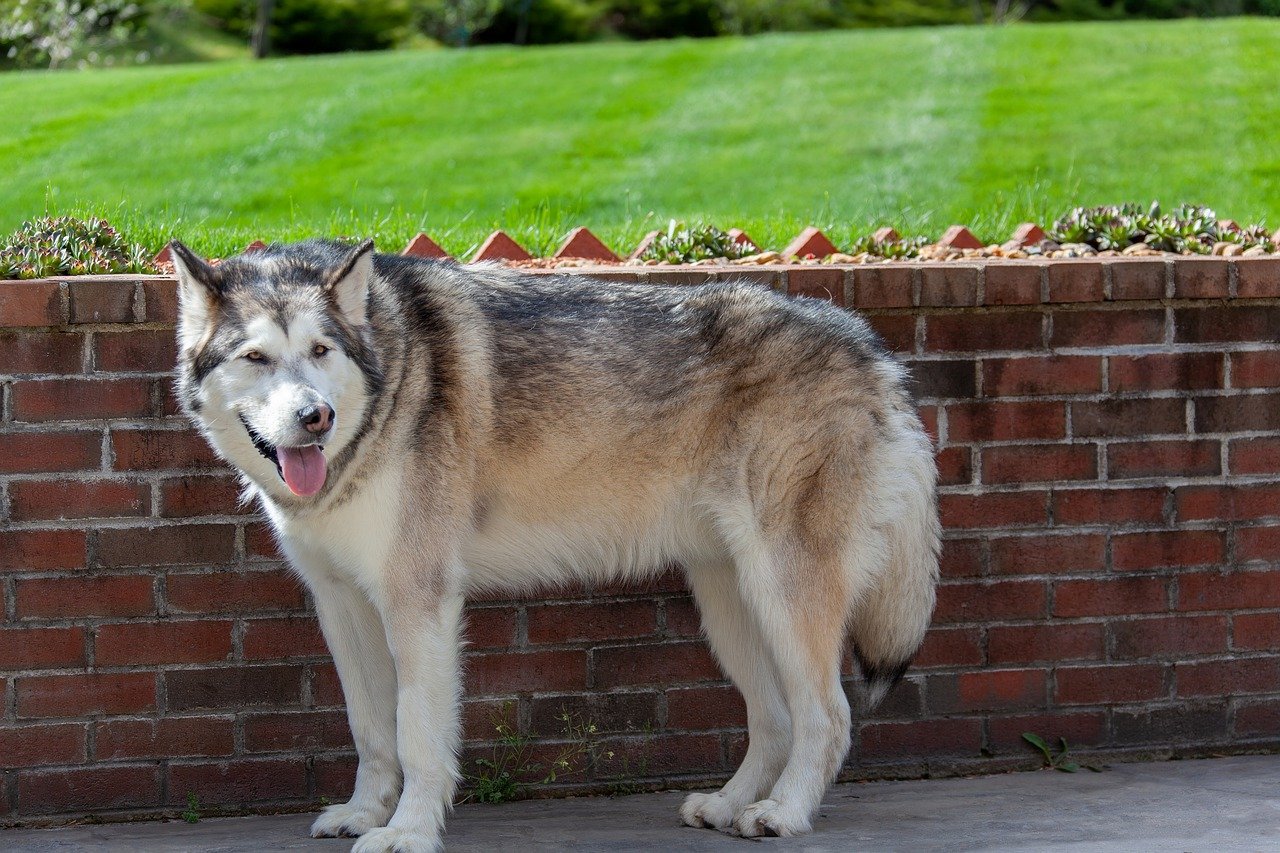 Shutterstock
Shutterstock
Alaskan Malamutes, known for their endurance and strength, are working dogs bred to pull heavy loads in harsh conditions. While they are generally friendly and social, their high energy levels and independence can sometimes lead to behavioral issues. Alaskan Malamutes have a strong prey drive and may display aggression if not properly trained or exercised. Due to incidents involving bites, some areas have placed restrictions on this breed. Although they are affectionate and loyal to their families, Malamutes require experienced handling and ample physical activity to prevent boredom and misbehavior.
Bullmastiff
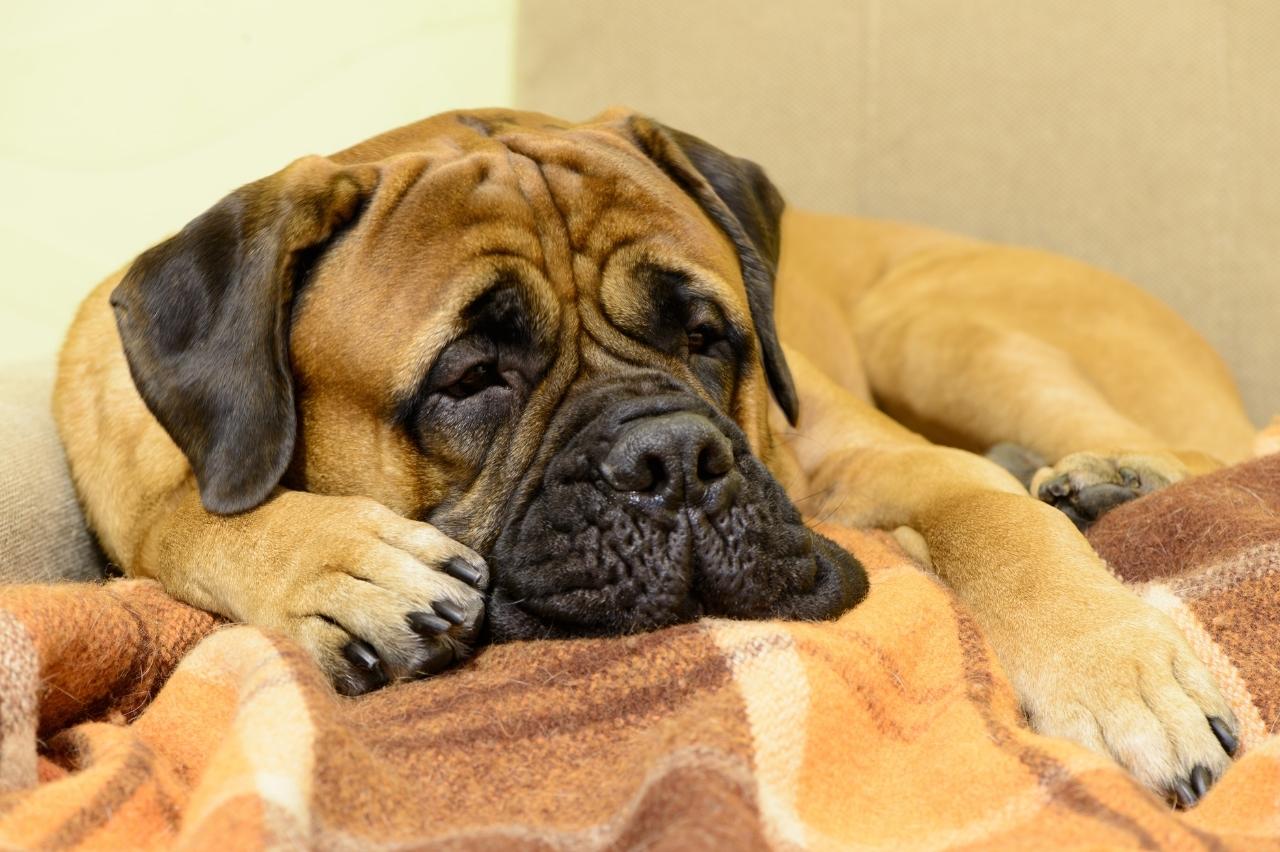 Shutterstock
Shutterstock
Bullmastiffs are powerful dogs with a protective nature, originally bred to guard estates. While they are known to be gentle and affectionate with their families, their size and strength make them formidable protectors. Bullmastiffs are often restricted in areas with BSL due to concerns over their potential for aggression, particularly if they feel threatened or perceive danger to their loved ones. Despite this, Bullmastiffs are typically calm and gentle with proper socialization. Fans of the breed appreciate their loyalty and devotion, though some communities restrict them due to their imposing appearance and guarding instincts.
Boerboel
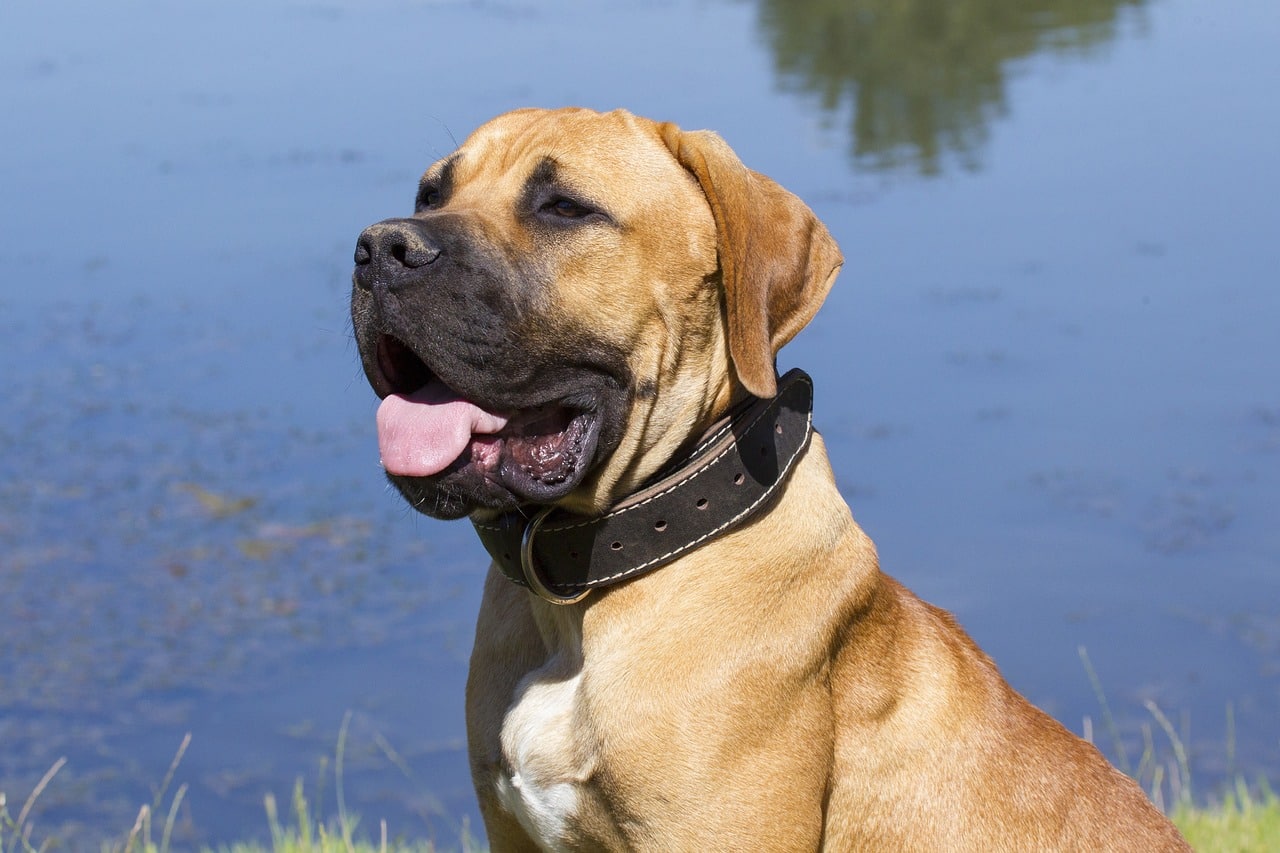 Shutterstock
Shutterstock
The Boerboel, a South African mastiff, was bred to protect farms from predators. Known for their loyalty and protective instincts, Boerboels are powerful dogs with a natural guarding ability. While they are affectionate with their families, Boerboels can be territorial and may show aggression toward strangers. Their size, strength, and protective nature have led to restrictions in some areas. Boerboels require strong leadership and socialization to channel their protective instincts appropriately. With proper handling, they are loyal and loving family members, but their reputation as fierce protectors often leads to bans.
Wolfdog
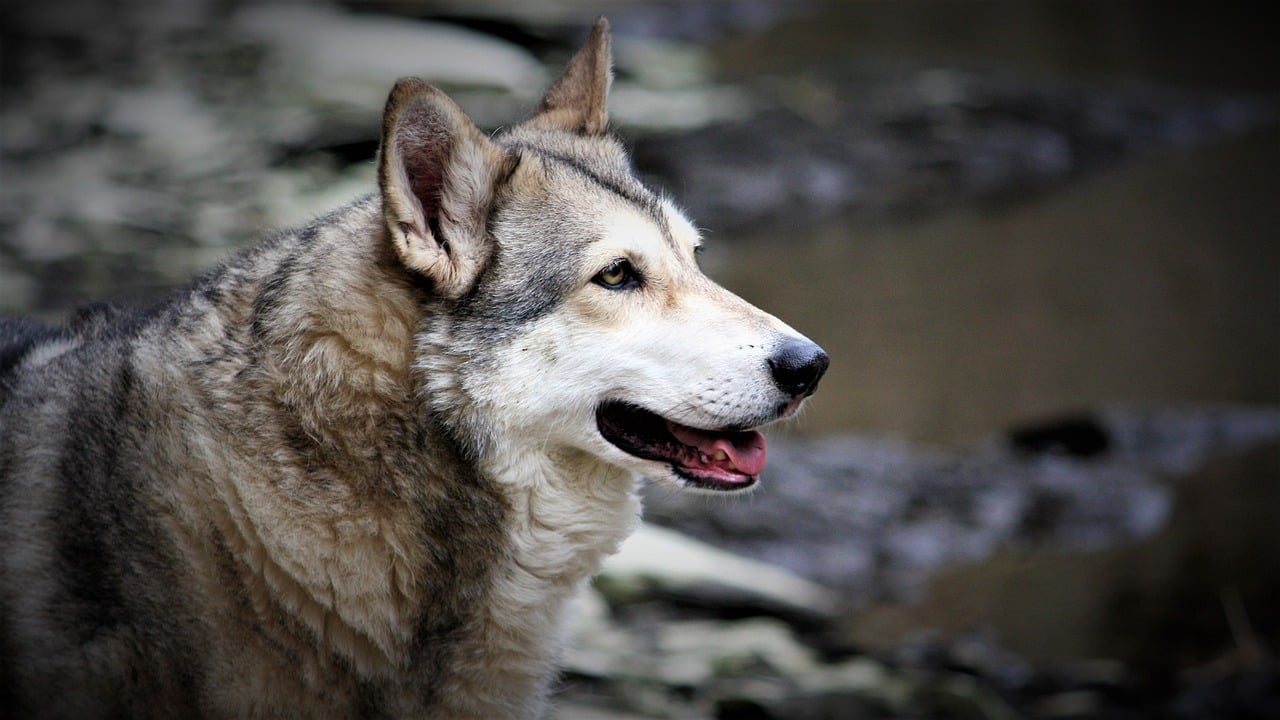 Shutterstock
Shutterstock
Wolfdogs, a hybrid between wolves and domestic dogs, are banned or restricted in many regions due to their unpredictable nature. They retain many wild instincts, making them difficult to train and potentially dangerous if not handled by an experienced owner. Wolfdogs have unique behavioral needs and require extensive socialization and training. Their tendency to be wary of strangers and display aggression in certain situations has led to widespread bans. While some Wolfdogs can adapt to domestic life, their wild ancestry makes them a challenging breed that often falls under BSL.
Kangal
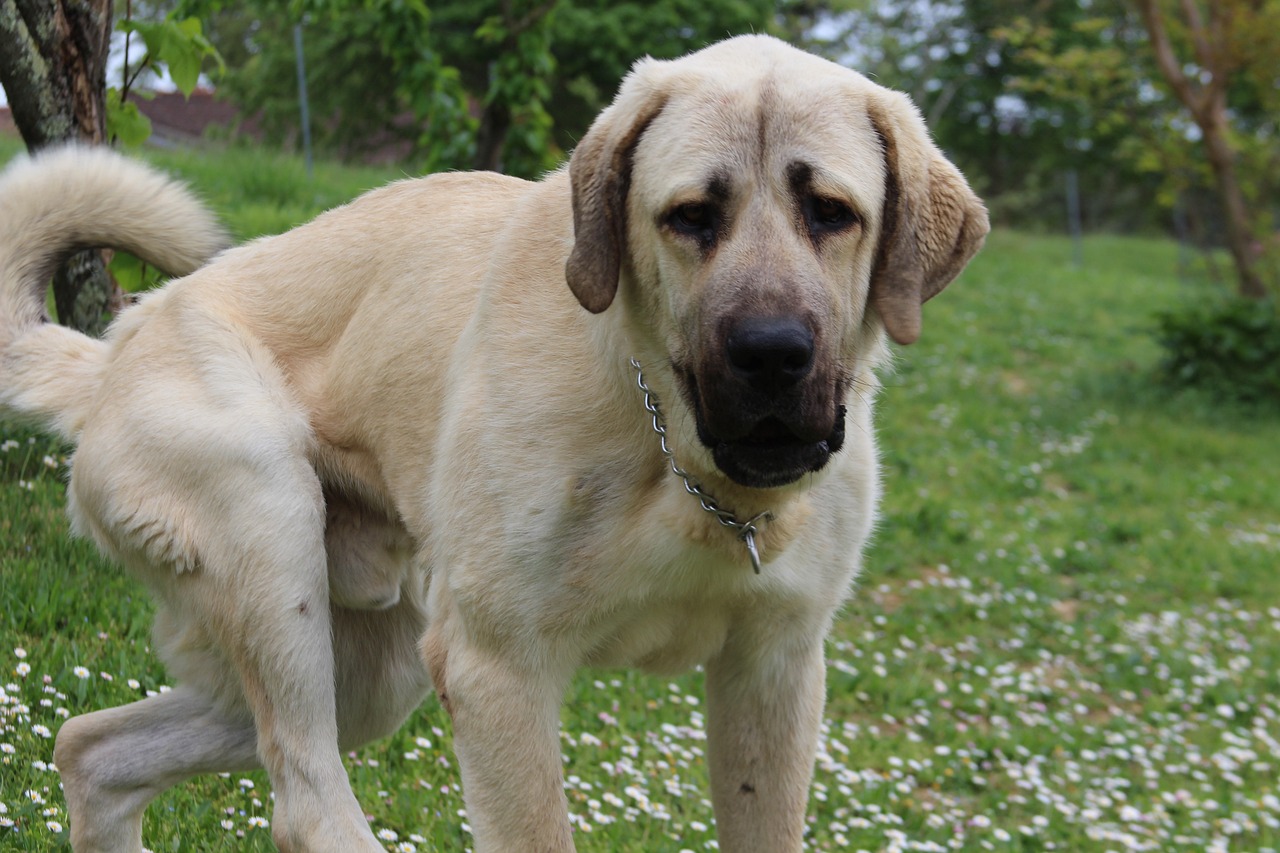 Shutterstock
Shutterstock
The Kangal is a Turkish livestock guardian breed known for its strength, independence, and protective nature. Kangals are extremely loyal and dedicated to protecting their flock or family, which can sometimes lead to aggression toward perceived threats. Their size and power make them intimidating, and they require careful socialization and training. Due to their protective instincts, Kangals are restricted or banned in some areas. While they are gentle with their families, their territorial nature and guarding instincts mean they are best suited to experienced owners who understand their unique temperament.
Chow Chow
 Shutterstock
Shutterstock
Chow Chows are known for their distinctive appearance and aloof nature. Although typically independent and reserved, they can be fiercely loyal and protective of their family. Chow Chows are known to be territorial and sometimes aggressive, particularly if they feel threatened. Their independent streak and strong-willed nature can make it challenging for them to train. While they are usually affectionate with their owners, their cautious demeanor has led to restrictions in some places. Chow Chows require socialization and training to become well-rounded pets, though they are often misunderstood as aggressive due to their stoic disposition.
Cane Corso
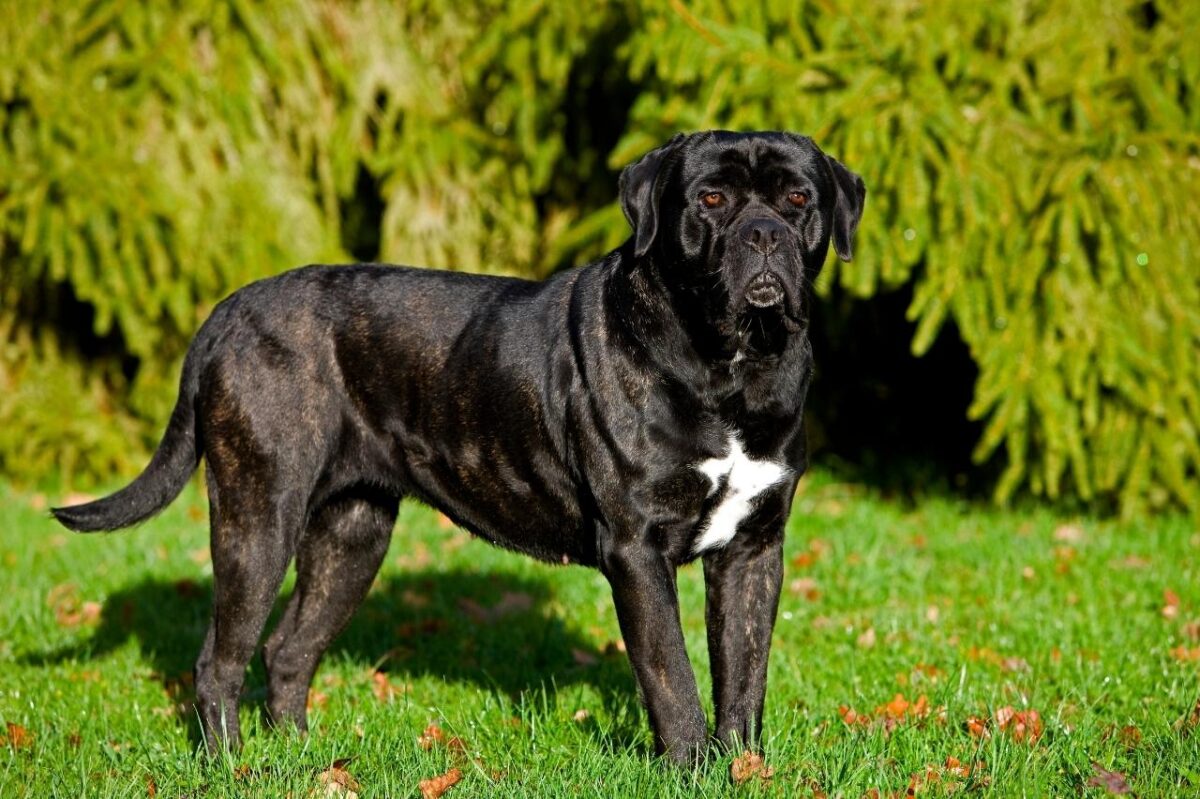 Shutterstock
Shutterstock
The Cane Corso is a large, muscular breed known for its guarding abilities and fierce loyalty to its family. Bred in Italy as a protector and hunter, the Cane Corso has a strong, confident demeanor and can be wary of strangers. Their size and protective instincts make them excellent guardians, but these same traits have led to restrictions and bans in some areas. Cane Corsos requires a firm and experienced owner who can provide consistent training and socialization. Despite their intimidating appearance, they are deeply affectionate and devoted to their families, often forming strong bonds with their human companions.
Akbash
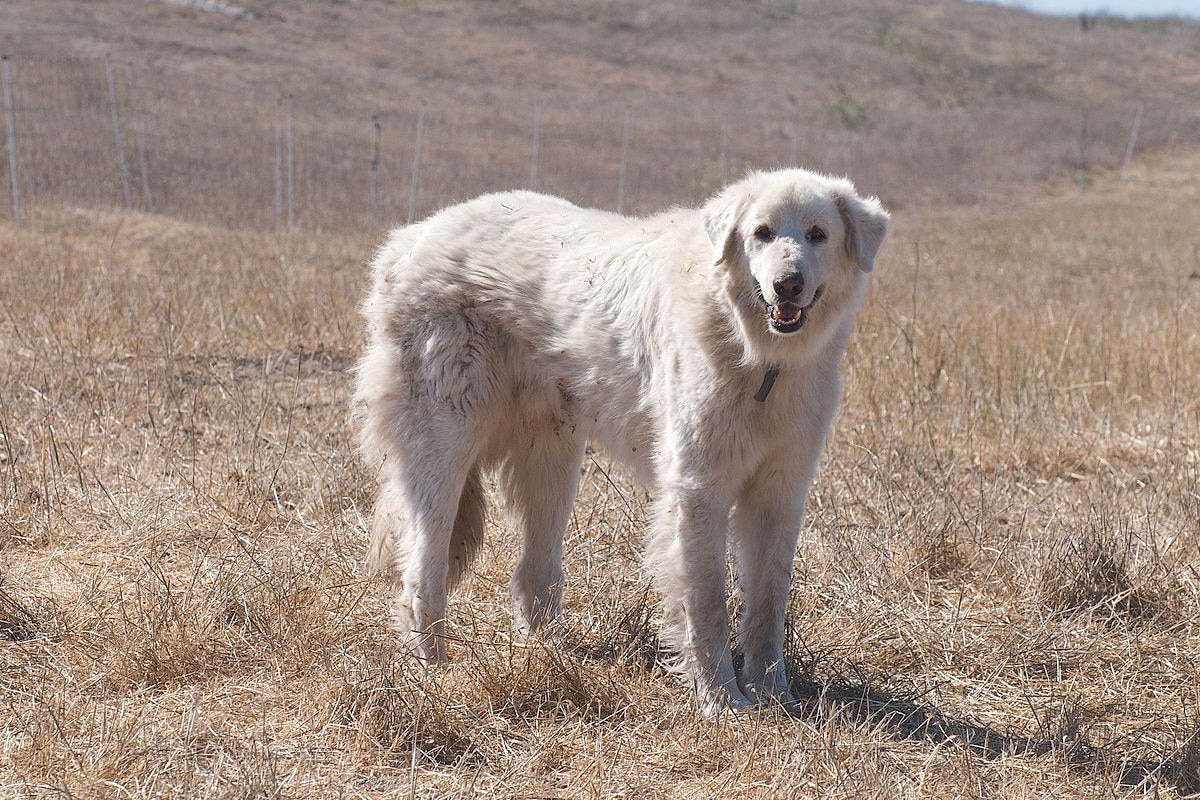 Shutterstock
Shutterstock
The Akbash, a large livestock guardian dog from Turkey, is known for its loyalty and protective instincts. While they are typically calm and gentle, their territorial nature and strong protective drive can lead to bans in areas with breed-specific legislation. Despite their imposing presence, Akbash dogs are excellent companions when properly socialized and trained, proving their misunderstood reputation often overshadows their true temperament.
Belgian Malinois
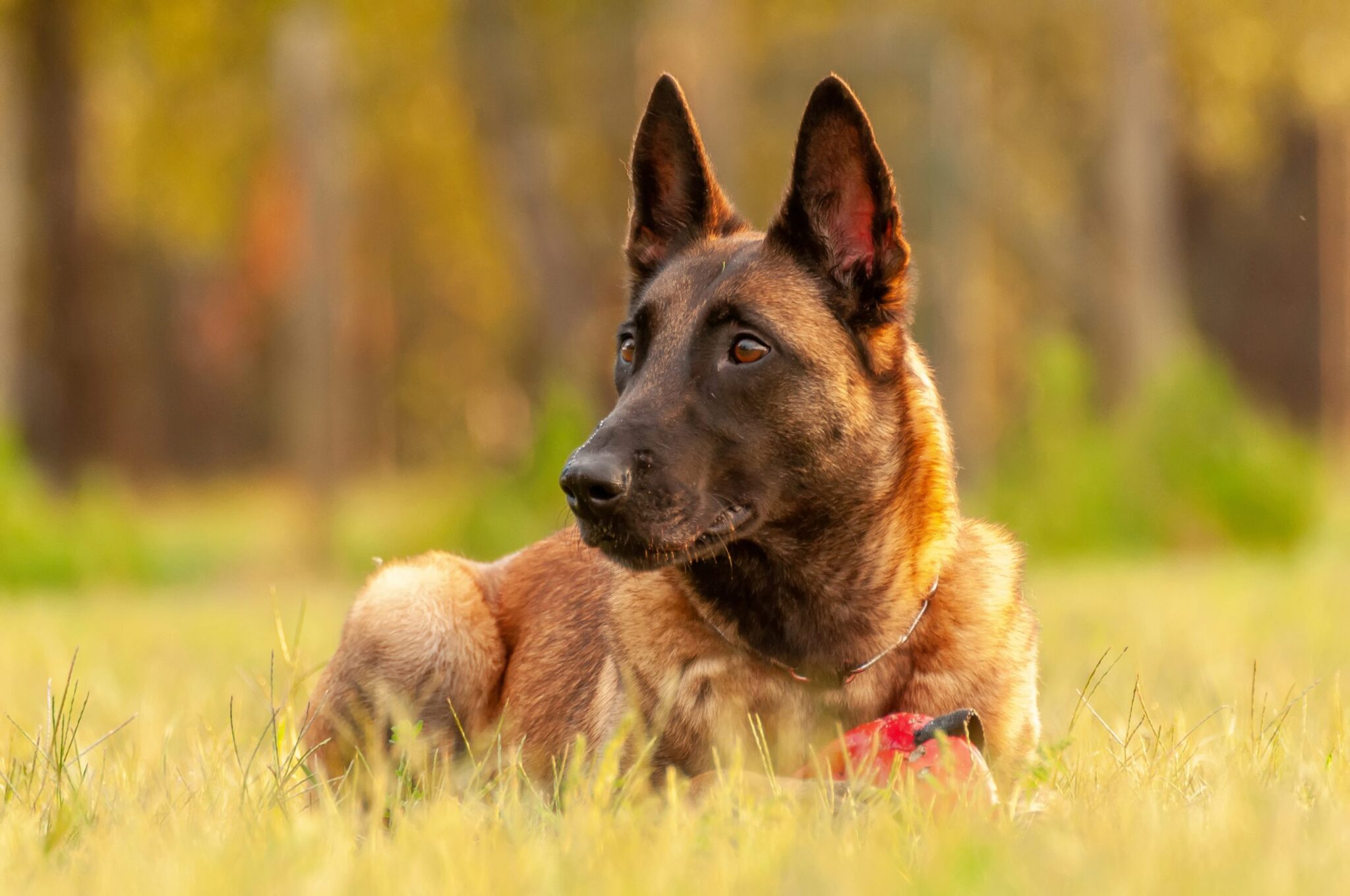 Shutterstock
Shutterstock
Renowned for their work in law enforcement and military operations, Belgian Malinois are incredibly intelligent and energetic. However, their need for consistent training and a high-energy lifestyle can lead to behavioral issues if not properly managed. These traits have contributed to bans in some regions, as untrained Malinois may display aggression or overprotectiveness. Dedicated owners, though, are loyal and hardworking companions.
Anatolian Shepherd
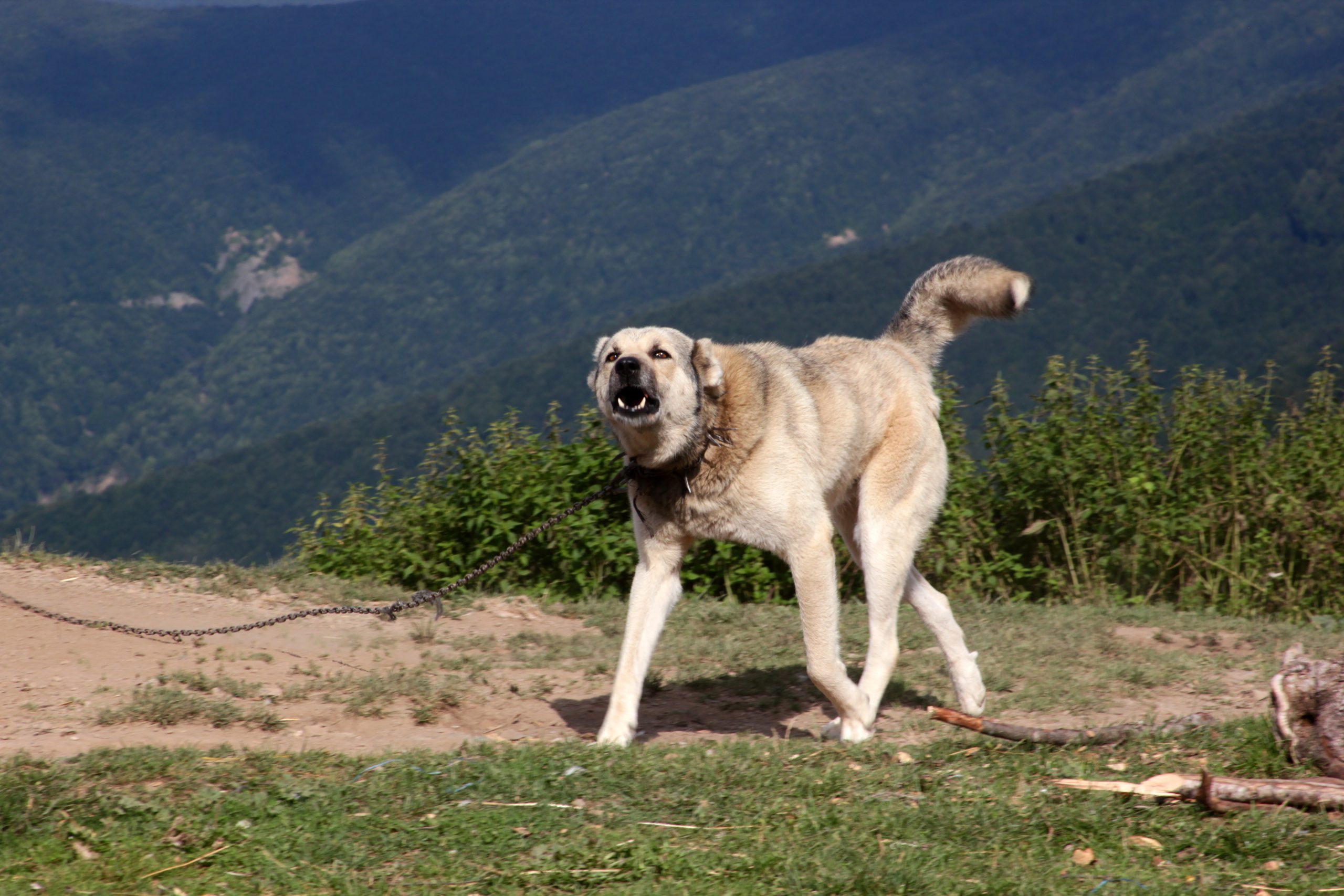 Shutterstock
Shutterstock
The Anatolian Shepherd, another Turkish livestock guardian, is a powerful and independent breed. Their strong protective instincts and wariness of strangers have led to restrictions in certain areas. These dogs require experienced handlers who understand their unique needs, as their natural guarding abilities can sometimes be mistaken for aggression. In the right hands, they are devoted protectors and gentle family members.
Shar-Pei
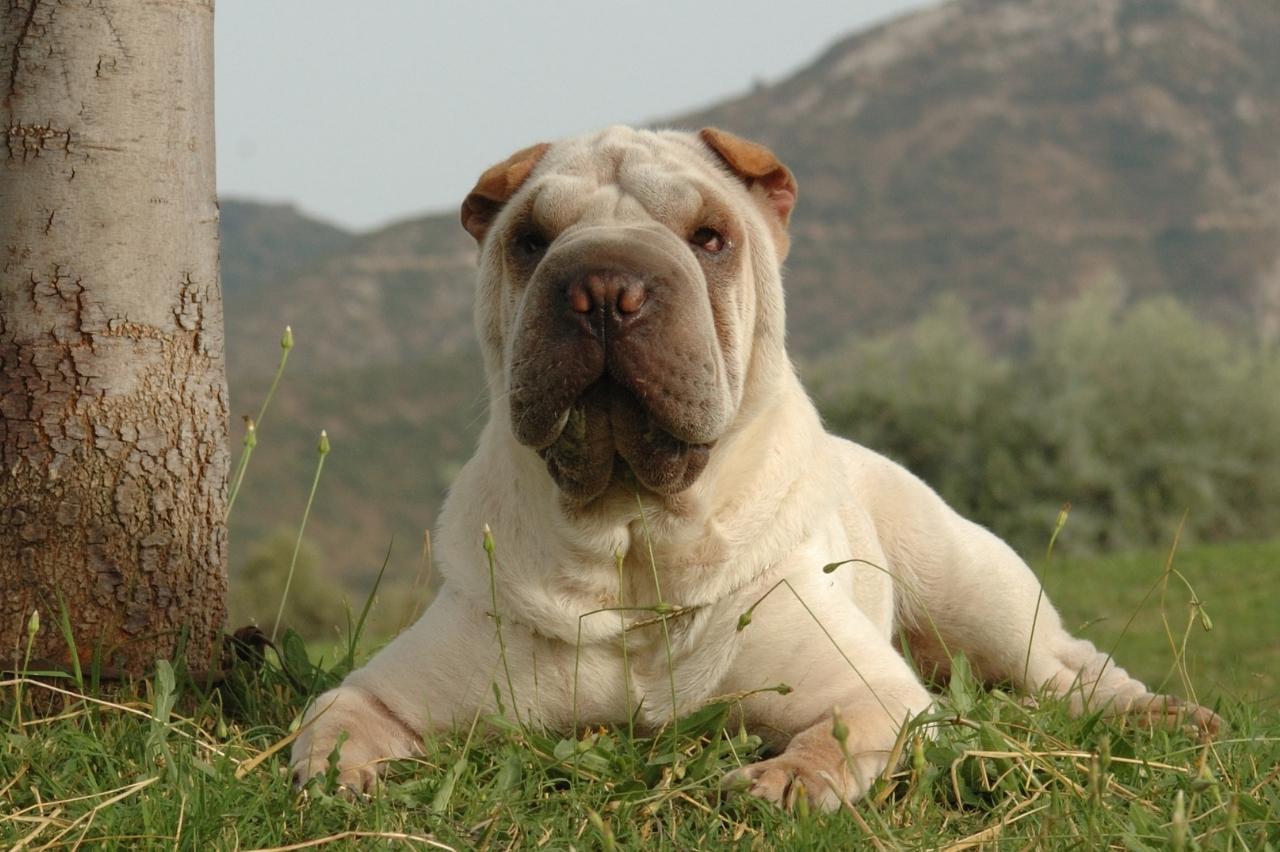 Shutterstock
Shutterstock
Famous for their wrinkled appearance and unique charm, Shar-Peis are often misunderstood due to their stubborn and independent nature. Originally bred as guard dogs, they can be wary of strangers and sometimes exhibit territorial behavior. While they rarely pose a threat when well-socialized, their history has led to bans in a few regions. With proper care, they make loyal and affectionate companions.
Great Pyrenees
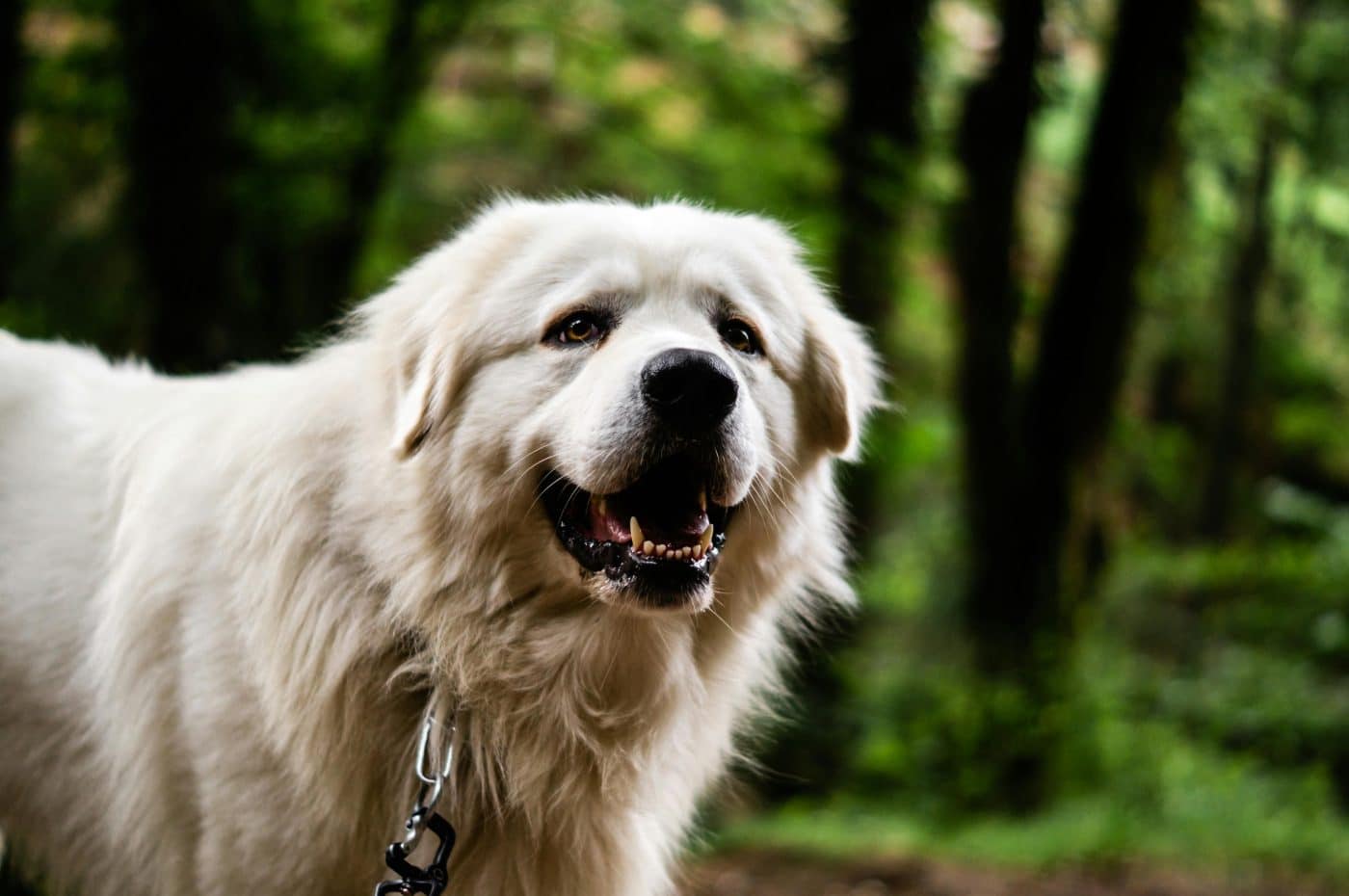 Shutterstock
Shutterstock
The Great Pyrenees, known for their majestic appearance and calm demeanor, are bred to guard livestock. Their size, strength, and protective instincts have caused concern in some areas, resulting in restrictions. Despite this, Great Pyrenees are gentle giants who thrive in family environments when given proper training and socialization. They are beloved for their loyalty and devotion.
Catahoula Leopard Dog
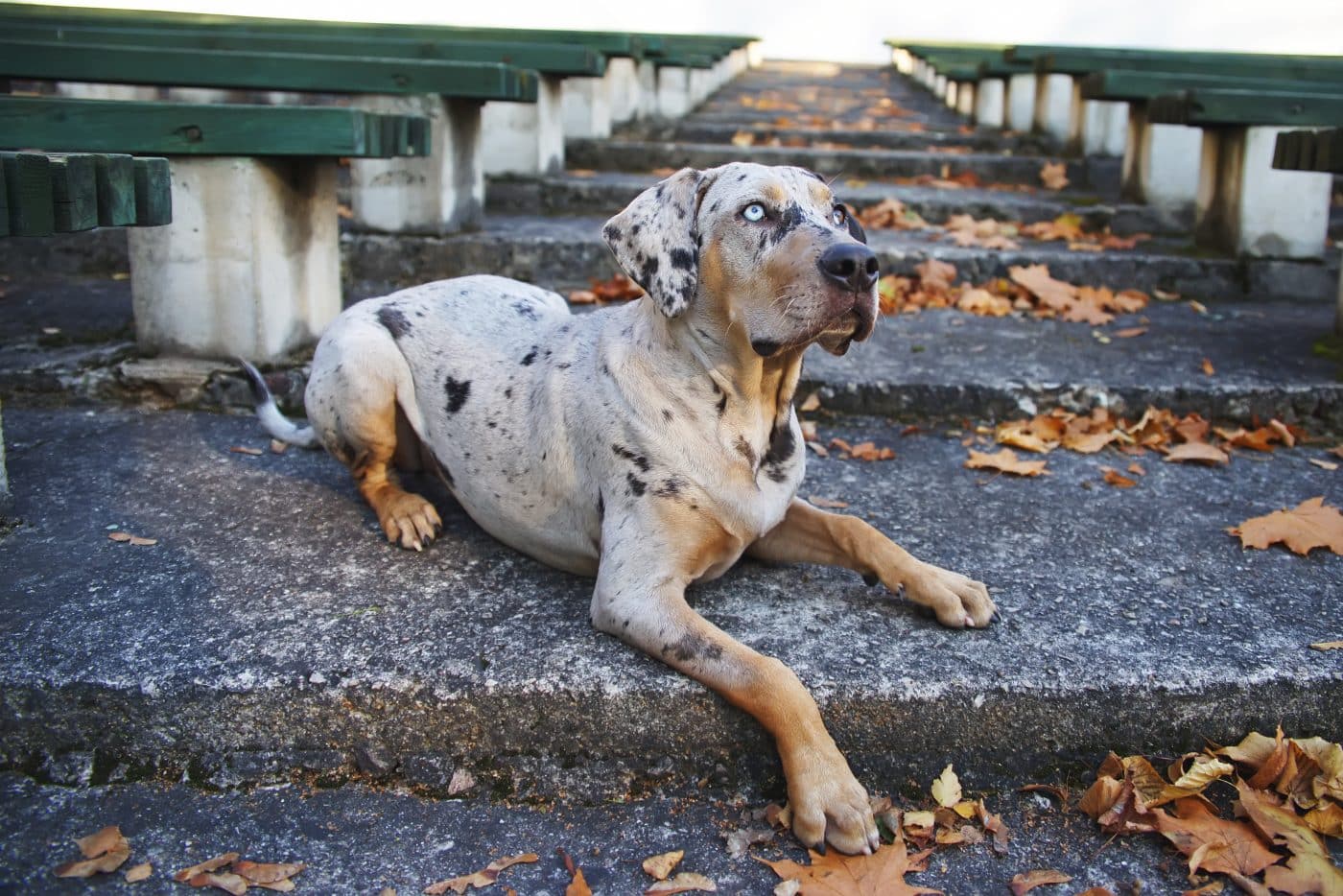 Shutterstock
Shutterstock
The Catahoula Leopard Dog, Louisiana’s state dog, is prized for its striking coat and versatility as a working breed. Its high intelligence and strength will require experienced handlers, as it can become territorial or dominant without proper training. While it is not inherently aggressive, its intensity has led to bans in some areas. With the right guidance, it is a loyal, energetic, and affectionate companion.
The Restricted but Remarkable
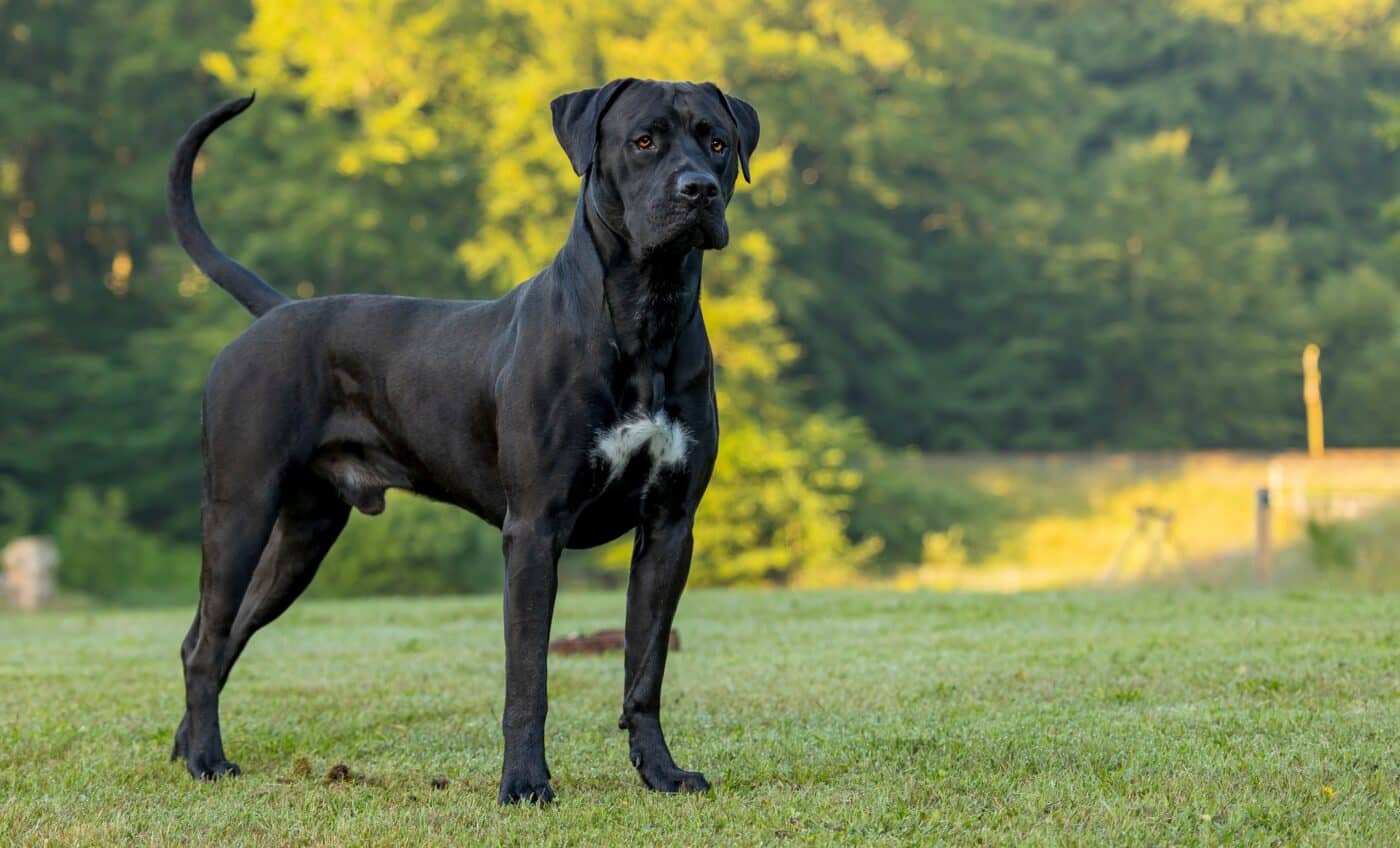 Shutterstock
Shutterstock
Though often misunderstood for their strength or guarding instincts, these dog breeds are undeniably loyal and devoted to their families. While some dogs require experienced handling, responsible ownership plays a crucial role. Despite breed-specific legislation, with proper training, socialization, and a loving environment, these dogs can be gentle and devoted companions. Beneath their powerful builds and intense instincts lies a deep desire for companionship and purpose, showing that even the most restricted breeds have hearts as big as their reputations.
 Toledo, United States.
Toledo, United States.